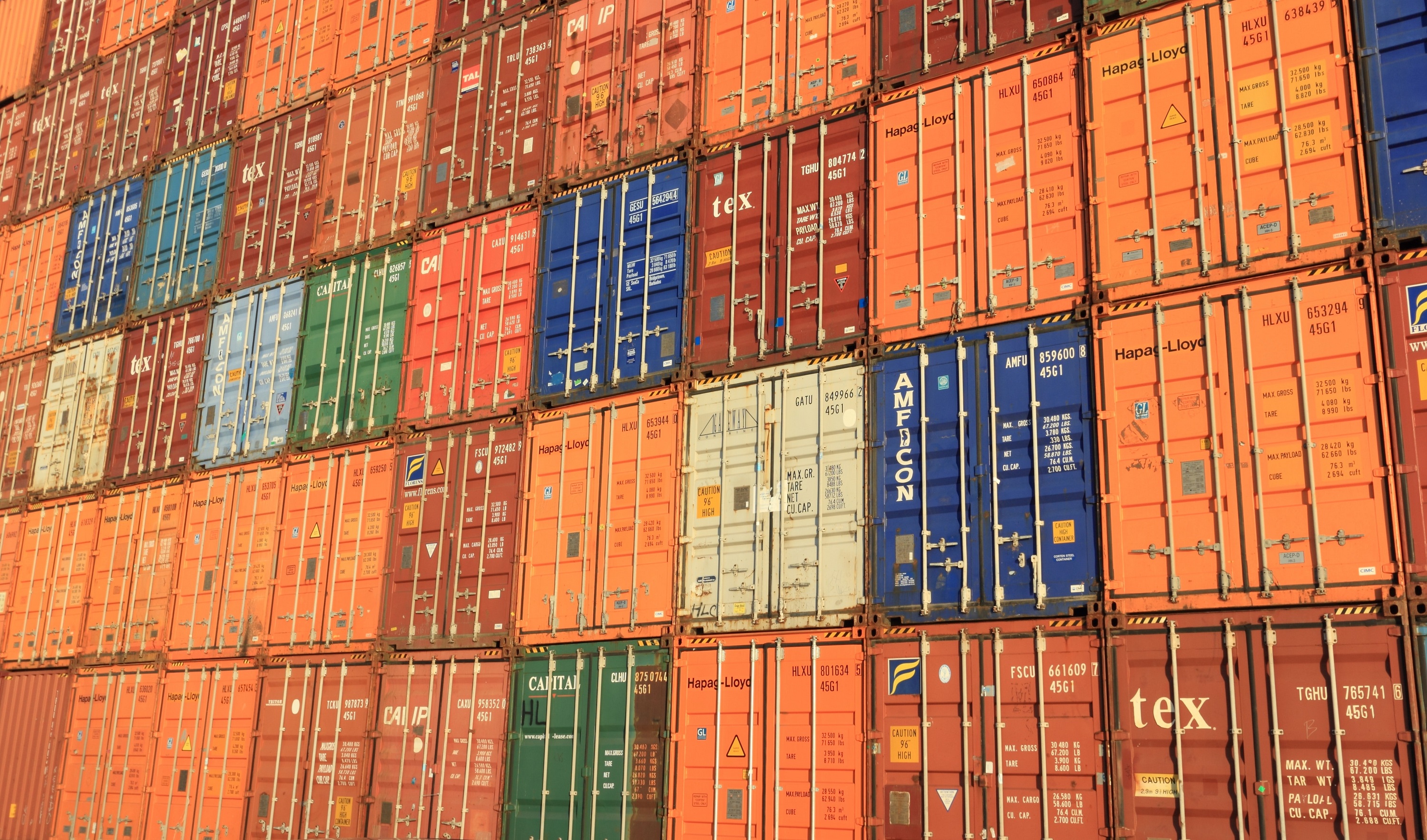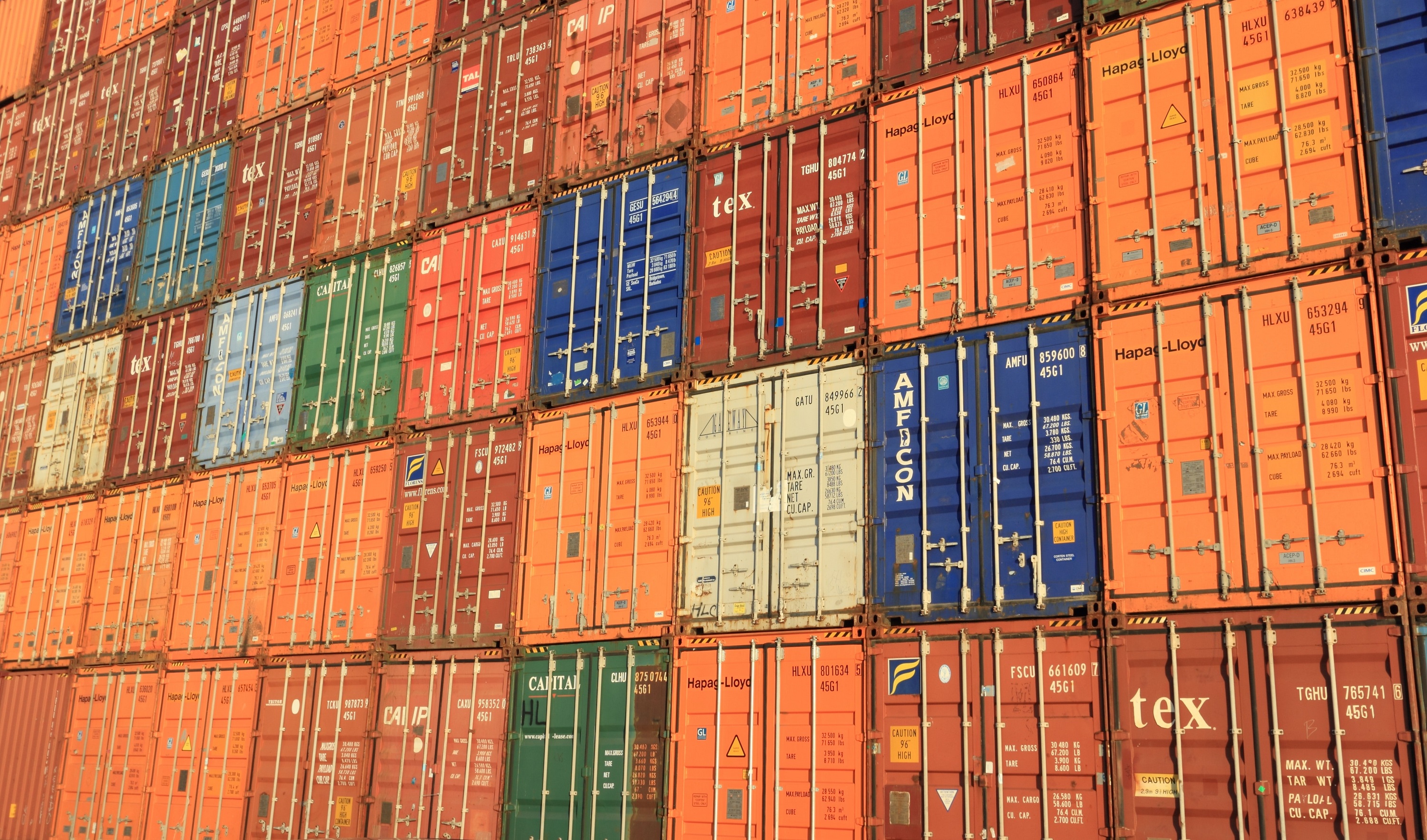Globalization has encouraged companies to explore opportunities beyond local and national borders, and it has introduced complexities related to customs compliance. International trade is a high risk operation due to the always evolving regulatory and political environment. Customs rules for import and export are unique to each country and even each port, and trade participants are expected to know these rules and comply with all requirements.
Noncompliance carries heavy penalties that include expensive monetary penalties, increased scrutiny, frequent audits and the possibility of shipments being held or denied entry. Most companies understand the risks and implement trade compliance programs internally to mitigate risks, and they keep technology up to date to meet electronic customs processing requirements.
Customs compliance can be expensive and difficult for a business going it alone. Even multinationals with dedicated compliance departments work with external providers to access resources that are hard to acquire, like talent and innovation. Third parties like logistics firms and IT service providers are critical members of the global supply chain, helping businesses simplify trade, reduce costs and manage risks.
Why Implement a Customs Compliance Program?

Customs compliance is a critical part of successful trade. Whether you are engaged in import/export, logistics or ancillary services, trade compliance should be your goal. In addition to facilitating the movement of goods from supplier to customer, customs compliance promotes standards and best practices that ensure a smooth operation of the supply chain. Compliance programs protect your business and bottom line.
Legal Framework
A trade compliance program promotes integrity and ensures that trade operations meet legal obligations locally and internationally. Trade regulations are constantly changing, and a trade compliance program lays the groundwork for best practices and rules for supply chain members to follow.
Continuous Monitoring
Compliance is a moving target, and a trade compliance program allows you to monitor performance and identify issues early on before they become big problems. A trade compliance program tells you whether you need new software or technology, new training programs for workers, and additional documentation for shipments.
Reduce Risk and Costs
A customs compliance program aims to reduce risk and costs associated with noncompliance. Not having one means a higher risk for penalties and expensive fines. For example, failure to comply with U.S. CBP’s demand for an entry record due to negligence can cost your business up to $10,000 per release or 40 percent of the appraised value of the merchandise. And this is only one type of penalty. There are numerous violations that can put you out of business.
Businesses with a solid compliance system in place never wait for a violation to occur; they keep up to date with regulations and requirements and address problems proactively. This is possible when real time information is easily accessible to decision makers and supply chain participants.
Customs Compliance Measures and Goals

The goal of internal customs compliance programs is to bring together different company departments that are engaged in import/export and related activities. A centralized hub facilitates information exchange and collaboration and improves visibility. This hub allows the compliance team to monitor the activities of third parties like suppliers, customs brokers, carriers and freight forwarders. Without visibility into trade activities, it’s difficult to implement compliance measures.
Effective customs compliance programs should establish standard operating procedures for third parties like brokers and suppliers. Anyone who is in direct contact with customs authorities should be monitored for potential compliance violations. At the minimum, an agreement should be signed between parties to protect the business from uncontrolled delegation of responsibility and potential impacts of illegal activities or corruption. You should know if the carrier is subcontracting delivery to a smaller transport operator at the last minute or they are getting merchandise from a new supplier, for example.
Trade Compliance Teams
Trade compliance within a company often encompasses multiple departments, including finance, logistics and legal. A trade compliance team might be composed of senior managers and members from finance, legal and logistics, as well and representatives of third party providers. Smaller firms might not have departments at all but one or two people in charge of customs processing and related trade activities. Regardless of size, members should undertake regular training on compliance, customs regulations and technology.
Customs compliance managers usually come from senior positions. They understand the company’s operations and know how to identify and address compliance issues. Trade compliance managers often report directly to executives and the board. Other responsibilities of compliance managers include researching all applicable regulations to products and sectors, including domestic and international. They understand the country of origin/destination, the country where the company is located and international rules. In this role, the compliance manager works with the internal or external legal team that drafts legal documents.
Customs Compliance Monitoring
Compliance programs and trade functions require monitoring in order to demonstrate their value to the organization. Monitoring helps executives make informed decisions on future investments in new technology and other resources. Monitoring depends on quality data and metrics that measure performance. Some markets prohibit businesses from engaging in trade with certain countries or entities. Stricter rules may also apply to certain merchandise. Trade compliance managers should work with finance and sales departments to monitor activity and prevent restricted or potentially illegal actions.
International Customs Compliance
Governments across the world have implemented measures to make trade as smooth as possible while protecting national interests. Besides customs rules, many countries have laws against corruption that cover foreign trade activities which requires companies to implement compliance programs. For instance, United States laws governing international trade directly affect foreign companies engaged in import and export.
Because these laws are constantly changing, the company must regularly update internal processes to ensure compliance. Training sessions and seminars should be provided whenever new regulations are implemented or software is rolled out.
It can be difficult to keep up with changing customs requirements for every country you do business with. It can also be expensive due to software, hardware, training/re-training and talent acquisition. A trusted third-party provider can significantly reduce costs associated with customs compliance. They can help improve your customs compliance program by providing software and services.
GeTS Customs Compliance Services

Your business needs a partner to help optimize compliance while reducing costs. Global eTrade Services (GeTS) Compliance Services aim to facilitate global trade and make it accessible, predictable and easier to fulfill. GeTS compliance services are available in various countries:
Electronic Air Waybill (eAWB)
Canada
IID/CADEX
ACI Air
ACI Highway
ACI Ocean
ACI eHBL
USA
Automated Export System
Food and Drug Administration Prior Notice (FDA PN)
ACE Air
ACE Ocean
ACE Highway
Importer Security Filing
Japan
Advance Filing Rules
Mexico
Air Manifest
Ocean Manifest
Panama
H2H eDeclaration Service for CFZ DMCE
Singapore
TradeWeb Live!
Electronic Certification of Origin (eCO)
Brokerage Control Tower Service (BCTS)
GeTS can help you maintain trade compliance while streamlining shipment processes. Our compliance services feature:
- Easy regulatory submission. Streamline trade activities and help reduce time and costs.
- 24/7 customer service support. Expert assistance is available via chat and email.
- Comply with legal requirements. Compliance optimization facilitates global trade more efficiently.
To learn more, visit our customs compliance page or contact us today!
Related Pages:
Cross Border Services
Streamline Your FDA Compliance with GeTS
GeTS FDA Prior Notice
FDA Prior Notice
eCommerce Compliance
The Future of e-Commerce: Global e-Commerce Trends in 2019 and Beyond
What Is Section 321(CBP Shipment Type)?
ACE (Automated Commercial Environment)
Benefits that Enterprises Gain from Automated Commercial Environment US
Benefits of Using ACE US
What is SW - Single Window US?
Benefits of Using USA Single Window
ACE Highway
ACE ABI for US CBP
ACE Air
ACE Ocean
ISF “10+2”
Truck Section 321 eManifest Requirements from U.S. CBP
Contact GeTS today for more information on customs compliance services!
CANADA
GeTS eTrade (Canada) Inc.
100 York Boulevard Suite 260
Richmond Hill,
Ontario, Canada L4B 1J8
North America toll-free
+ 1-877-763-6887
Local North America
+ 1-905-763-6887
Fax: 1-905-763-2321
UNITED STATES OF AMERICA
Global eTrade Services, Inc.(U.S.)
19800 MacArthur Blvd. Suite 300
Irvine, California, U.S.A.
92612
North America toll-free
+ 1-877-763-6887, (Sales, Support, Billing)
Local North America
+ 1-905-763-6887 (Sales, Support, Billing)
Fax: 1-905-763-2321



